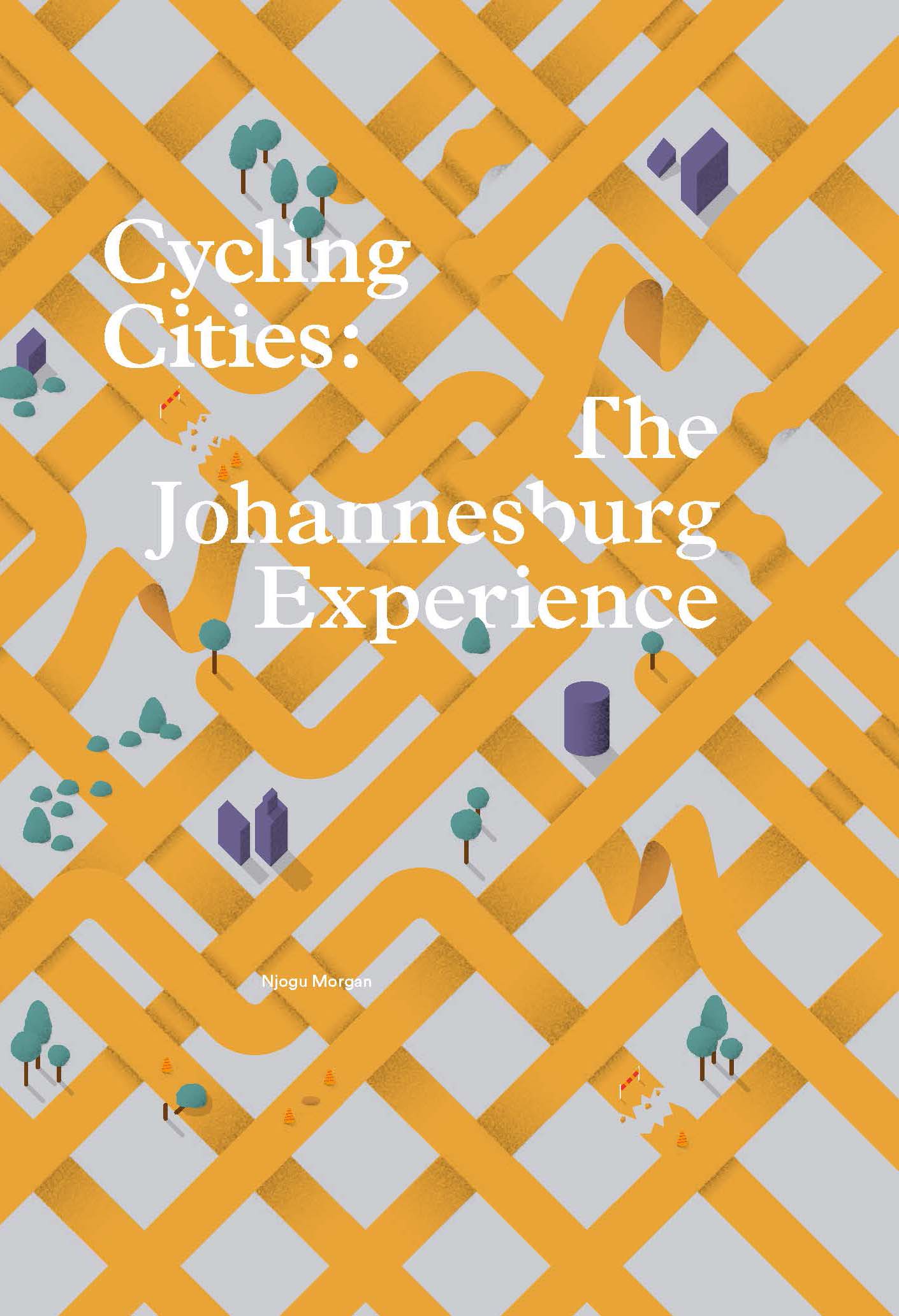From London and Paris to Barcelona and Berlin, cities are actively trying to stimulate cycling. Sometimes European cities manage to achieve sustainable results, sometimes reality turns out to be more unruly. Then the policy will get stuck in good intentions. The Cycling Cities research and publication program analyzes 100 years of urban cycling policy and bicycle use and shows the determining factors.
Cycling Cities presents the current contemporary discussion about sustainable urban mobility in a long-term perspective and offers policy makers, local interest groups, politicians, researchers and teachers new insights into the development of cycling in urban traffic. The Cycling Cities programme offers a fascinating view of the development of cycling in urban Europe. Each city has developed its own cycling culture in the past century. Local policymakers played a central role in this. Sometimes discouraged, sometimes they stimulated the use of bicycles. They had cycle paths and bridges built or demolished. The construction of an extensive public transport system also had an effect on bicycle use. So is the policy on cars. The authors show how local authorities and engineers determined cycling policy, whether or not in collaboration with local cycling organisations and pressure groups. And sometimes cycling citizens didn’t care about the policy. The authors also describe the interaction between local initiatives and the international discussions on urban mobility and liveability.
PROJECTS
Bicycle traffic in numbers
Cycling Cities shows the development of bicycle traffic over a long period of time. Cycling Cities is building a database with similar urban modal split figures. These figures offer
Culture of cycling in Johannesburg
Researcher Njogu Morgan analyses the development of bicycle use and culture in Johannesburg (South Africa). Johannesburg is the first non-European city in the Cycling Cities program. The city was
Your city next?
A growing number of cities and regions are part of the Cycling Cities community. If you also want new, useful insights that help stimulate cycling use in your city, please contact SHT.
HIGHLIGHTED
Cycling Cities: The Johannesburg experience
Researcher Njogu Morgan analyses the development of bicycle use and culture in Johannesburg (South Africa). The first non-European city in the Cycling Cities program. The city was a real cycling city before the Second World War. Morgan describes the rise and gradual disappearance of cycling in Johannesburg. It’s a story of power, class, race and mobility. In the beginning, bicycle ownership was limited to the urban elites. That changed when commuters discovered the bike as a means of transport. We learn about the experience of the cyclist during the Apartheid era and decades of auto-centric planning. Morgan defines the obstacles that must be overcome if Johannesburgers want to rebuild their city into a real bicycle metropolis.

Cycling Cities Team
- Ruth Oldenziel – TU/e (program leader)
- Adri A. Albert de la Bruhèze – University Twente
- Patrick Bek – TU/e
- Eric Berkers – SHT
- Frans Botma – Township Den Haag
- Martin Emanuel – Uppsala University
- Njogu Morgan – University of Witwatersrand
- Frank Schipper – Geschiedenis op Maat
- Frank Veraart – TU/e
